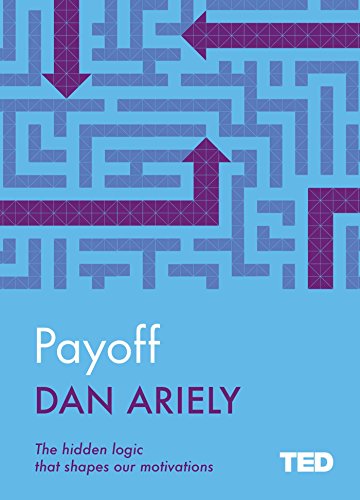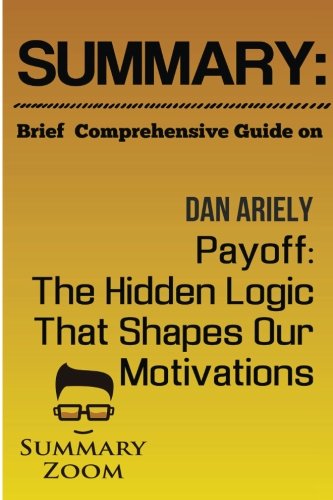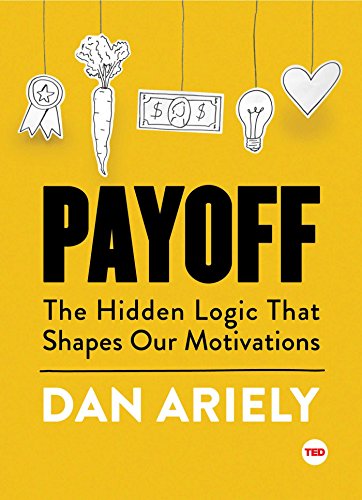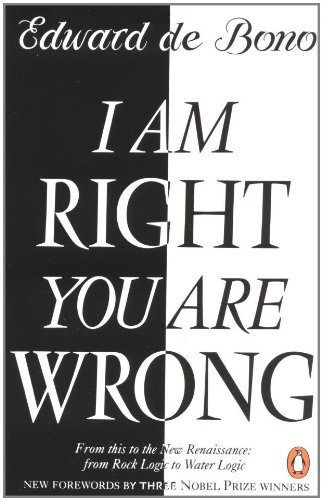
Every day we work hard to motivate ourselves. We spend much of our time trying to motivate the people working for us, with us and in business with us. In our personal lives we try to motivate our friends, partners and children. From the economic point of view, motivation is based on a very simple trade-off: we need and want things, and we work to get them. We’re more likely to do something if we get money for it, and the more money we get, the more motivated we are. But what if our understanding of motivation and money is all wrong? In Payoff, Dan Ariely investigates the true nature of motivation and our partial blindness to the way it works. He digs to the root of money motivation, and explains how understanding it can help us to successfully approach different choices in our lives. Along the way, Ariely explores complex questions like: * Why are we willing to part with money on some occasions and not others? * Should we motivate children to do chores by giving them money? * Is there any correlation between performance efficiency and pay? * What are the taboos surrounding money and should they be challenged? We often, mistakenly, think that our motivations are simple and one dimensional. But motivations are about the essence of what pushes us forward, what make us human. Payoff explores the complex motivations that drive us, giving insight into what we really want in life and what we can do to get and give more of it more often.




